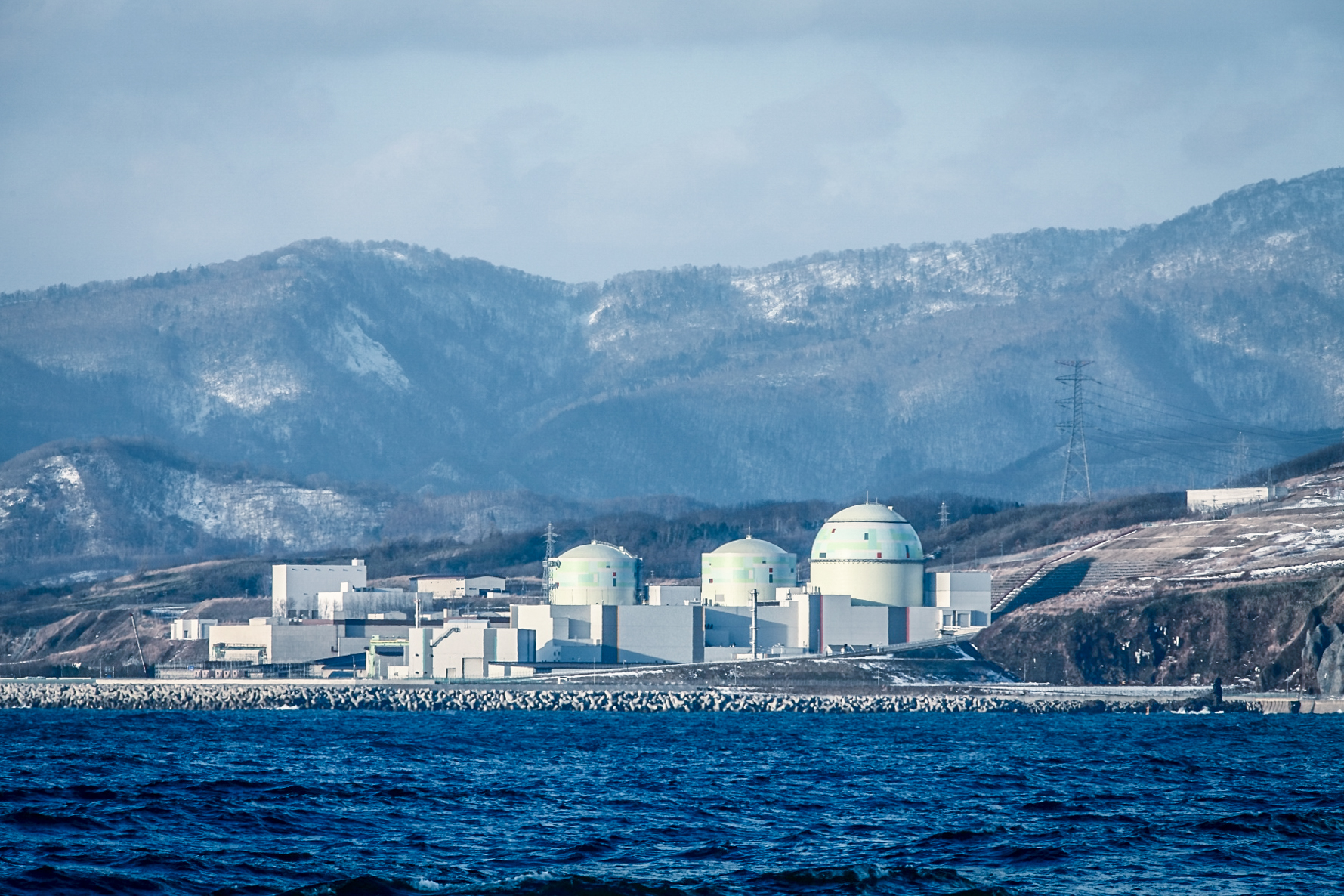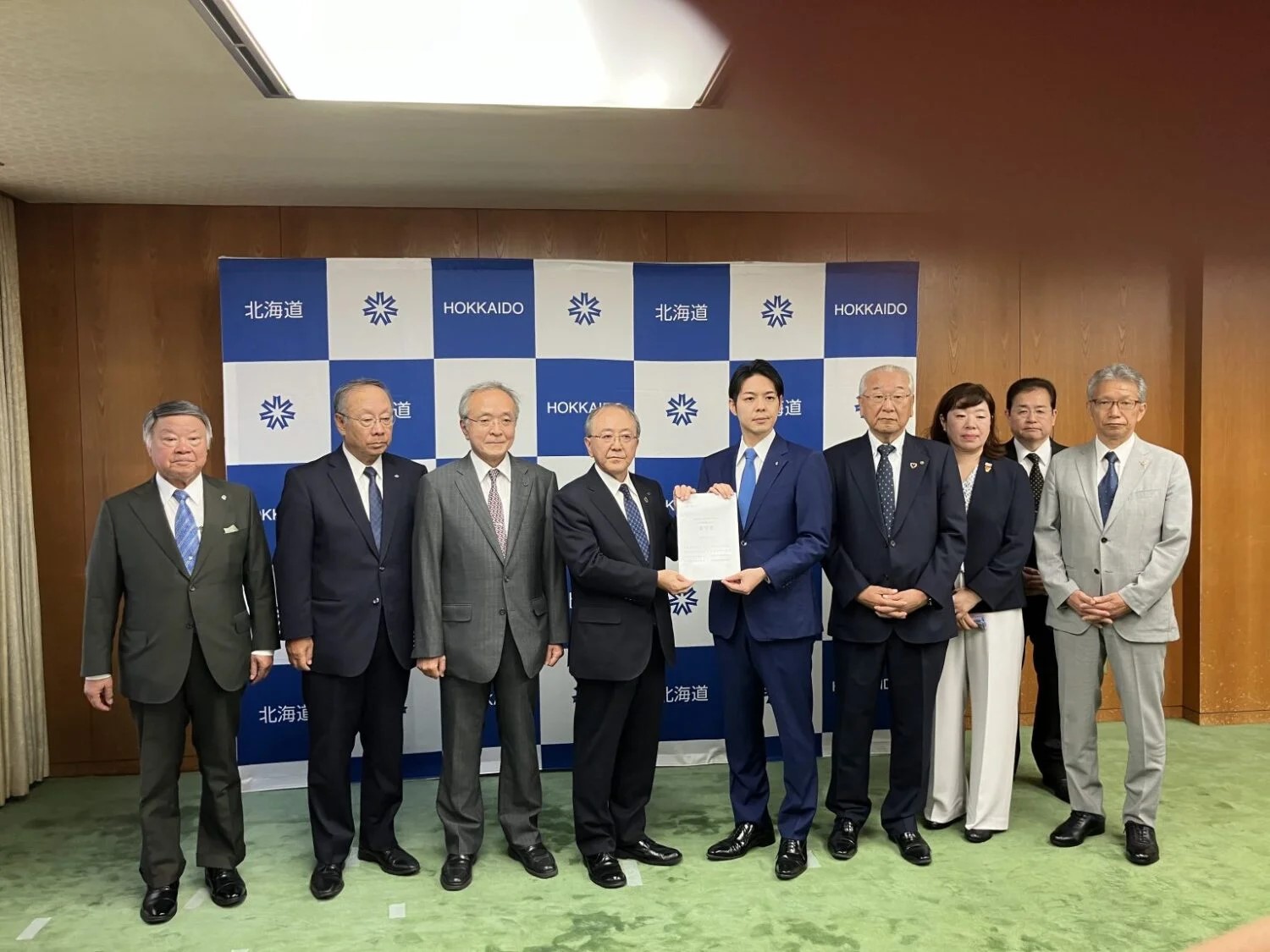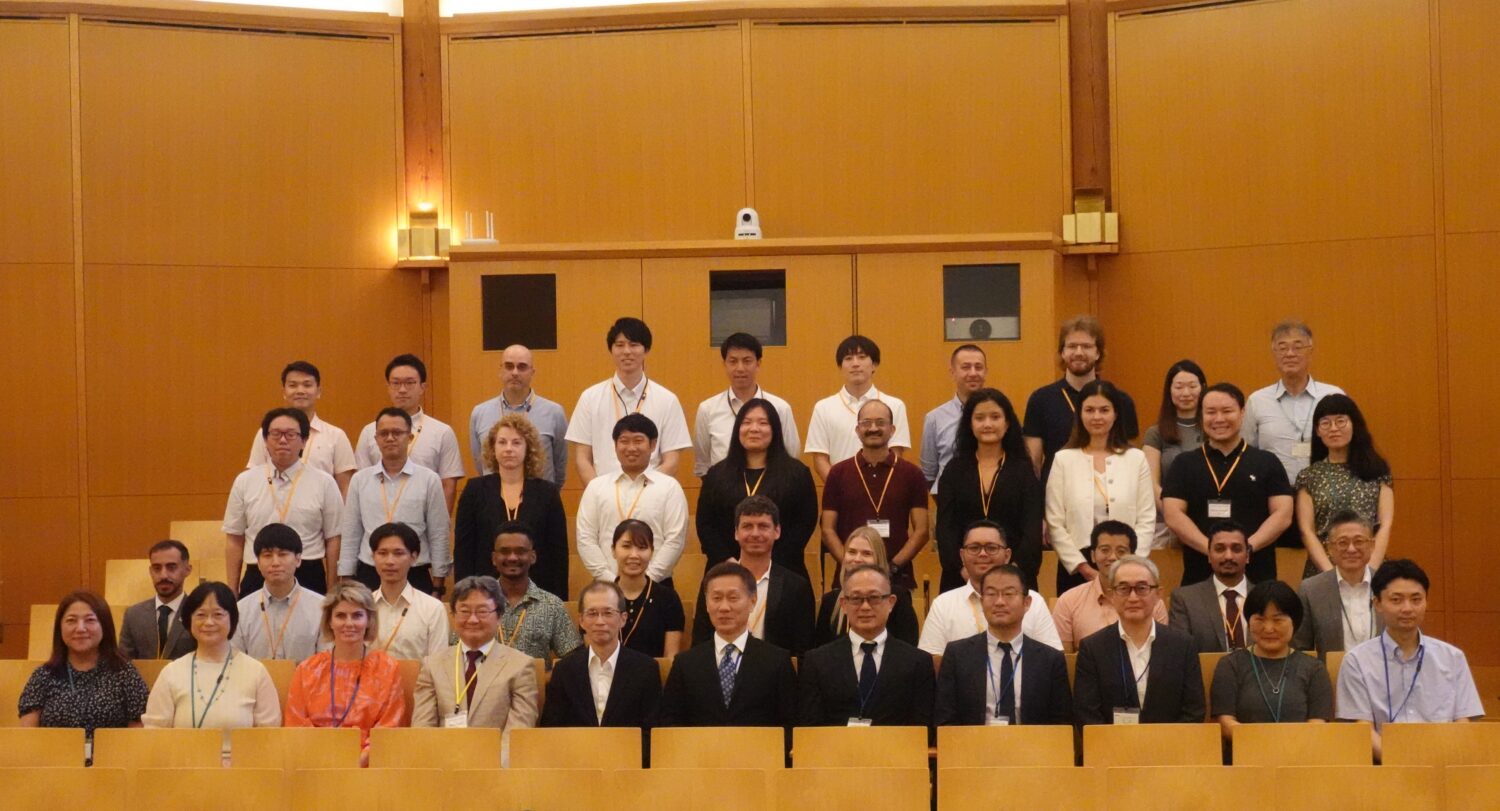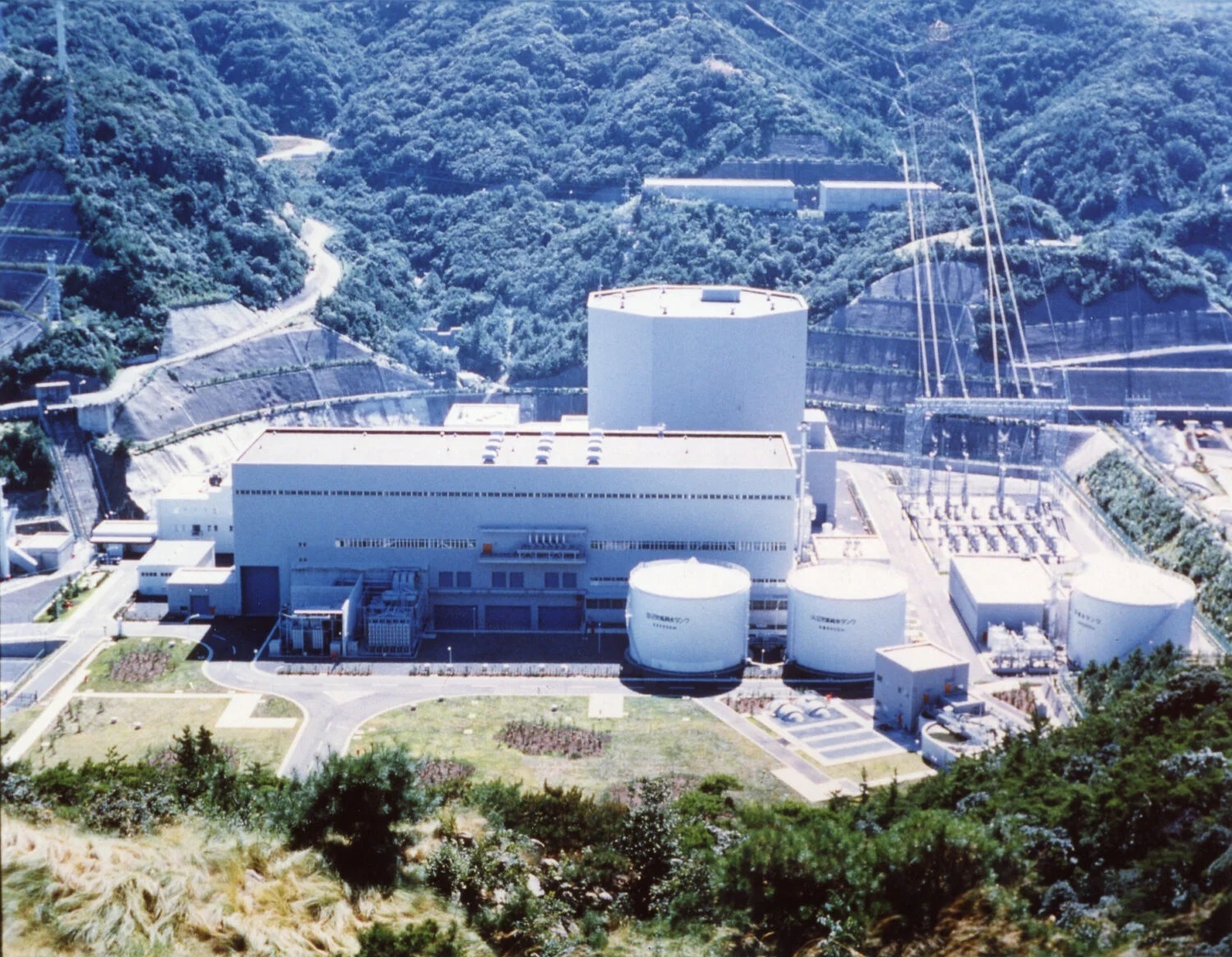Since last autumn, the NRA has been discussing the design of a new system of safety regulation for aging NPPs, looking ahead to deliberations by the Agency for Natural Resources and Energy (ANRE) under the Ministry of Economy, Trade and Industry (METI) on revisions to NPP operating lifetimes. At an extraordinary meeting on February 13, it decided both on an outline of a system and on draft revisions to a related bill.
The proposed new system, regardless of provisions for operating lifetimes, will require a nuclear operator to issue a “long-term facility management plan” (tentative name) at the 30th year of a particular NPP’s operation and every ten years thereafter, and to pass a safety examination.
The plan will cover the management of the deterioration of important safety-related equipment. Without those approvals, the operating lifetimes will not be extended.
ANRE, meanwhile, at the end of last year, showed its thinking in this way: “Additional extensions could be recognized as limited ones—that is, where NPPs have been suspended due to reasons operators could not foresee, including changes to legal requirements in the wake of the giant earthquake of March 2011—just as in the current system, with its 40-year limit on NPP operation and extensions on a one-off basis of up to 20 years.” This is the so-called “stop-the-clock” system.
The new task team to be established by the NRA will be composed primarily of Commissioner SUGIYAMA Tomoyuki, responsible for examinations of NPPs, and staff from the NRA Secretariat. A working schedule has not been released, but deliberations, including hearings with nuclear operators, will basically be open to the public.
At a post-meeting press conference on February 15, marking the commencement of the team, Chairman YAMANAKA Shinsuke said, “The first thing to be identified will be which physical properties of deterioration are most important.” Regardless of operating lifetimes, he said, the team will first “come to a common recognition on the data and evaluation techniques that have been obtained up to now, and what, and to what extent, should be evaluated.” He also said that the team would try to disseminate information in an easily understood manner.
With his specialization in nuclear fuel engineering, the chairman expressed his view on evaluating NPPs during their 60 years of operation. Calling it his personal opinion, he said, “Physical properties will not change significantly between the 50th and 60th year of operation.” He then said that the team would come up with a general technical framework prior to the enactment of a related bill.
At a meeting on February 13 in discussions on the NRA’s views of operating lifetimes, Commissioner ISHIWATARI Akira, who is responsible for examinations involving earthquakes and tsunami, objected both to the decision on a new safety system and to the proposed related bill. At the subsequent meeting on February 15, he again opposed the establishment of the working team, while saying that he “would join it if necessary.”
Chairman Yamanaka said that he would continue to seek Commissioner Ishiwatari’s understanding on the new system in future technical deliberations.


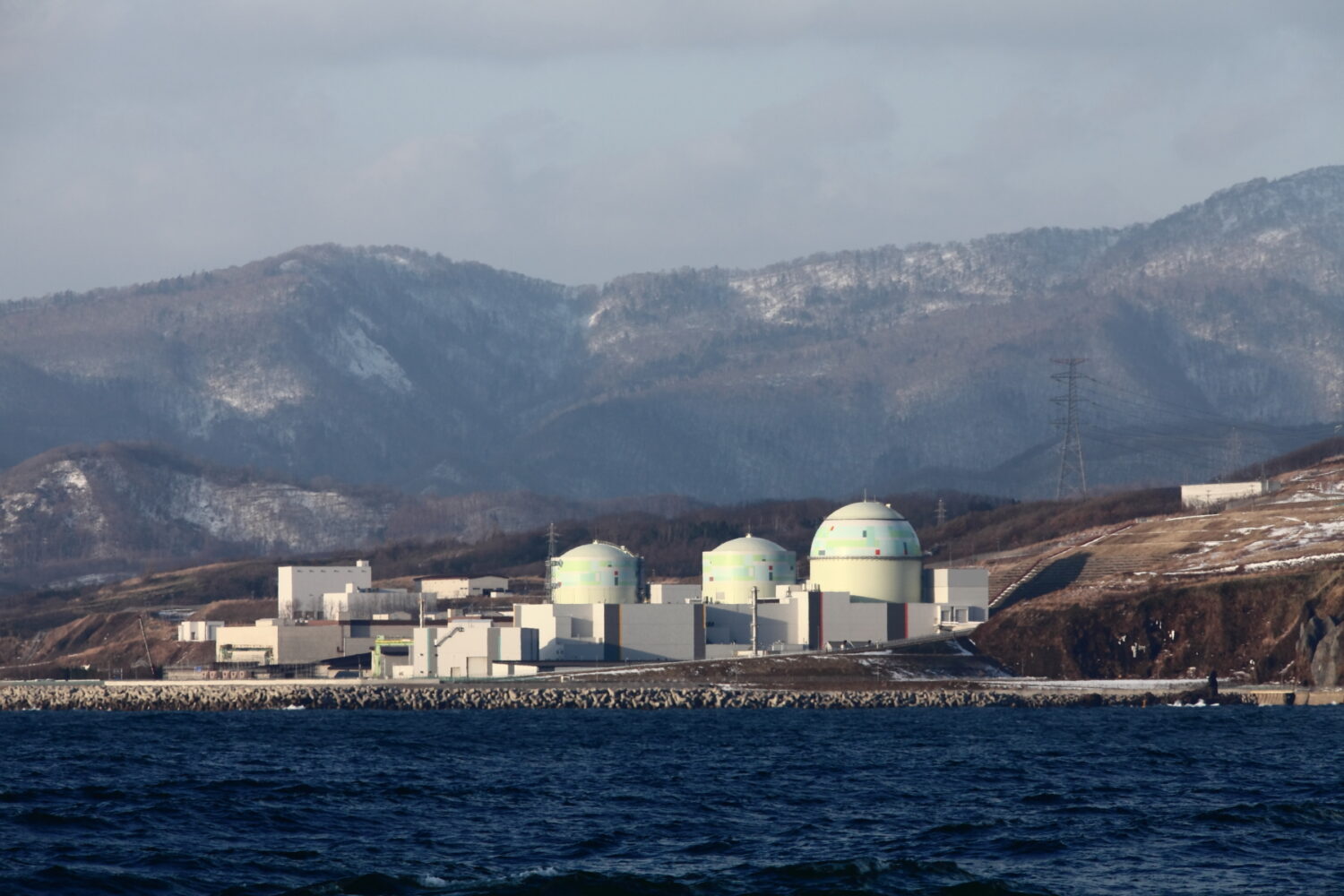
-049.jpg)
.jpg)

